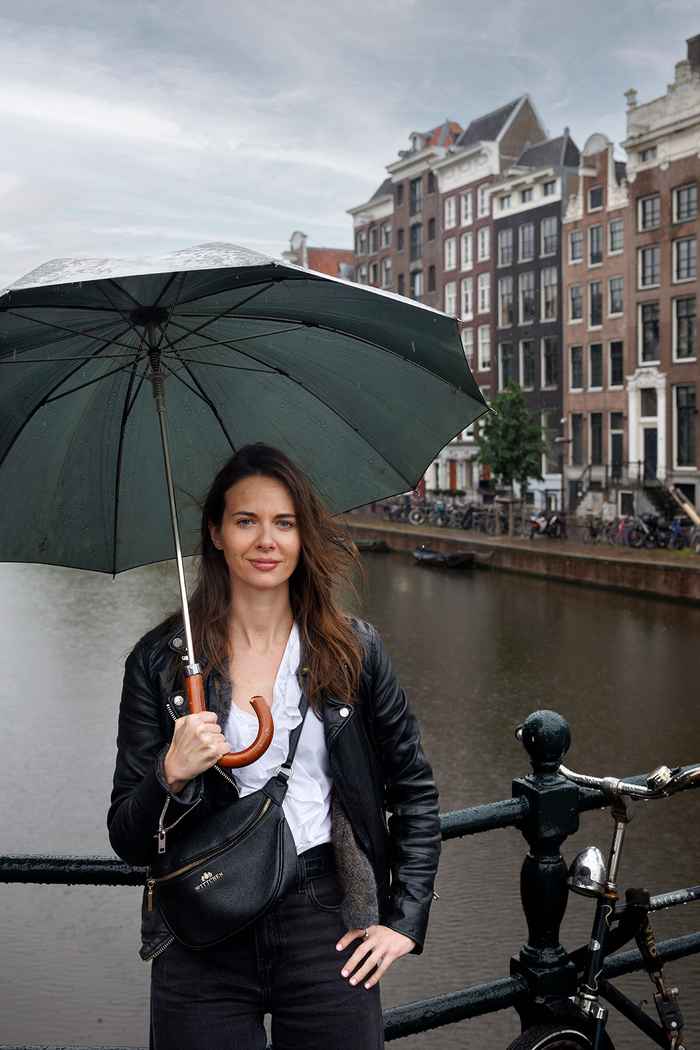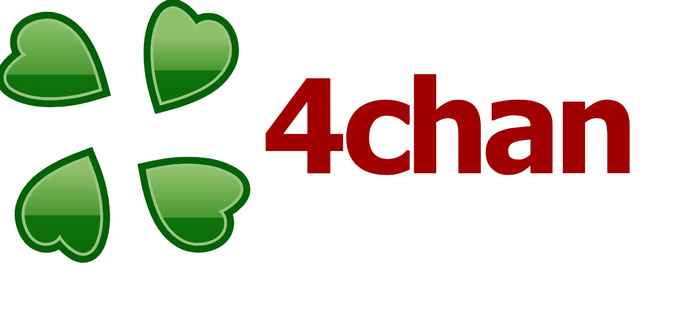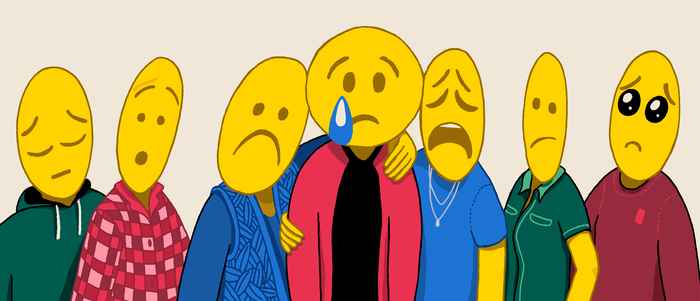
Media and Culture
From anime and arthouse cinema to dating apps and reality TV, our lives are filled with media that shape how we see and act in the world. The Bachelor’s Media and Culture puts the rapidly changing global media landscape centre stage and teaches students to engage critically with it through specialisations in film, television and cross-media culture. You’ll learn to do advanced media research, combining this with creative assignments and production skills to give you an edge in your future career.
🏆 Media Studies is ranked #1 in QS World University Rankings by Subject 2025
A world-class education
Ambitious, intellectual environment
Amsterdam as a cultural hub
New media institutions
Find out in 5 minutes what the Media and Culture programme is about and why you should study it at the University of Amsterdam.
Is Media and Culture right for you?
- You are interested in the rapidly changing global media landscape and how media shapes our experiences of the world.
- You like to study how stories or facts are presented and disseminated by media, whose interests they serve and what worlds they create.
- You want to learn how media objects are created, positioned and used in the world, as well as beginning to create and use them yourself.
- You are keen to be part of an international classroom of 500 first-year students.
Dutch or English?
If you are a Dutch-speaking student, you can also opt for our Dutch track.
Wondering what your weekly schedule will be at Media and Culture? Then download the brochure with a sample timetable and additional information about this study.
- Degree programme
- BA Media and Culture (Media en cultuur)
- Type
- Regular study programme
- Mode
- Full-time
- Credits
- 180 ECTS, 36 months
- Language of instruction
- English
- Starts in
- September
- RIO code
- 50906
- Location
- University Quarter



